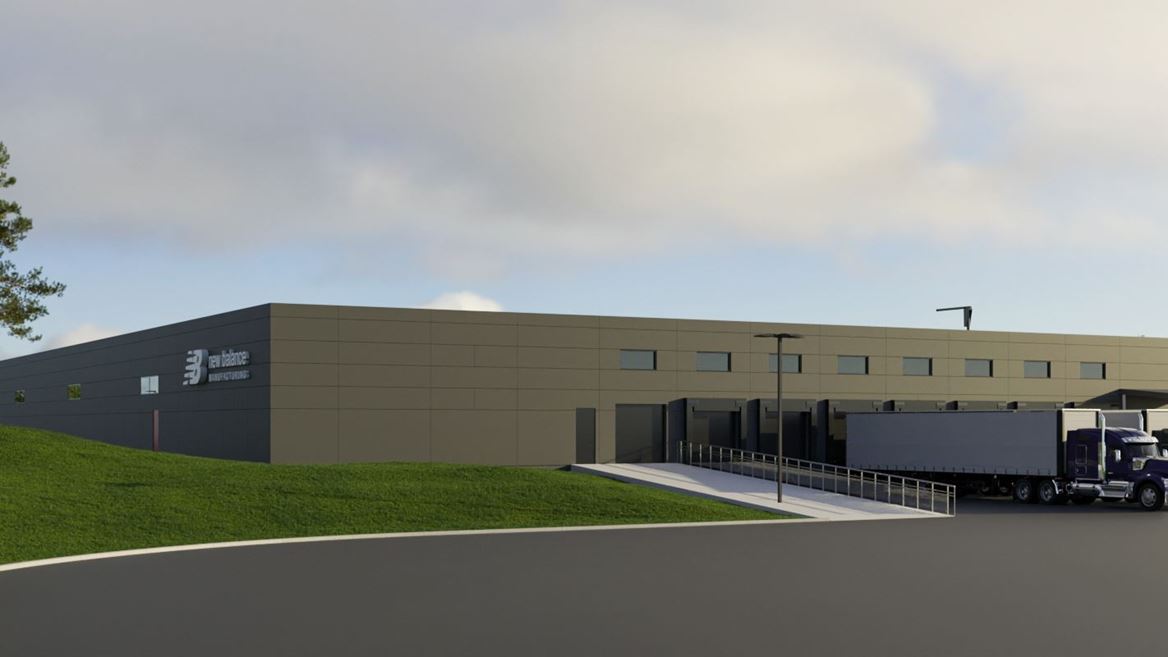I think one thing that might happen with "leakage" in Manchester is a result of it being a bit different than larger cities like Boston or Providence, or even a smaller city like Portland. For the most part, the urban areas of Manchester are not very diverse economically. Boston, Providence, Portland and many other cities have the neighborhoods similar to those in Manchester's city center that are largely poor, but they also have the sort of luxury housing that is just beginning to appear in downtown Manchester. Most importantly, though, they have large neighborhoods full of middle-class or people of diverse incomes. Manchester lacks this, except in the North End and farther reaches of town.
There are all sorts of problems that this creates in terms of making a more livable, diverse city and encouraging neighborhood development (not saying that those in poverty can't have or don't want these things, it's just obviously harder to attain and businesses are less interested in investing in them). It also effects the idea of leakage, though, because with less middle-class, educated workers living in the city, it's hardly surprising that there are less jobs that cater to them in the city. While all the cities I mentioned have a large number of professional type or well-paying jobs outside the city, they also have a lot within the city center and surrounding neighborhoods. Manchester certainly has a good number of these jobs, especially in the Millyard, but my feeling is that a disproportionate number of these jobs are located in the surrounding suburbs (or in Nashua or across the border in norther Mass). This isn't all that surprising given that a disproportionate number of middle-class, educated workers live outside the city and urban neighborhoods.
I hope this changes, and I think it is if only a bit, because Manchester will be a much more vibrant place if it's downtown is surrounded by diverse, attractive neighborhoods and populated by residents as opposed to visitors. It's sort of a chicken and egg thing though--if people live outside the city, why would businesses move from suburban office parks, but if the jobs are in the office parks, why would people move into the city? Obviously, there are other benefits to living in the city and with more people preferring urban living, hopefully there will be less "leakage" from Manchester in terms of middle-class jobs and residents.
I'm not exactly sure how Woodmont works into this, but I think it's certainly better than typical suburban development in that it's basically emulating the sort of things I think a lot of us would like to see in the neighborhoods of central Manchester. It would also be a lot easier to see public transit running from Woodmont to downtown than most suburbs, which would make it a lot more like Newton to Boston than Londonderry to Manchester now.


